 Thursday, November 10, 2022 |
Thursday, November 10, 2022 |  Hugh Locke
Hugh Locke Breakthrough Agriculture Technology Began in Haiti
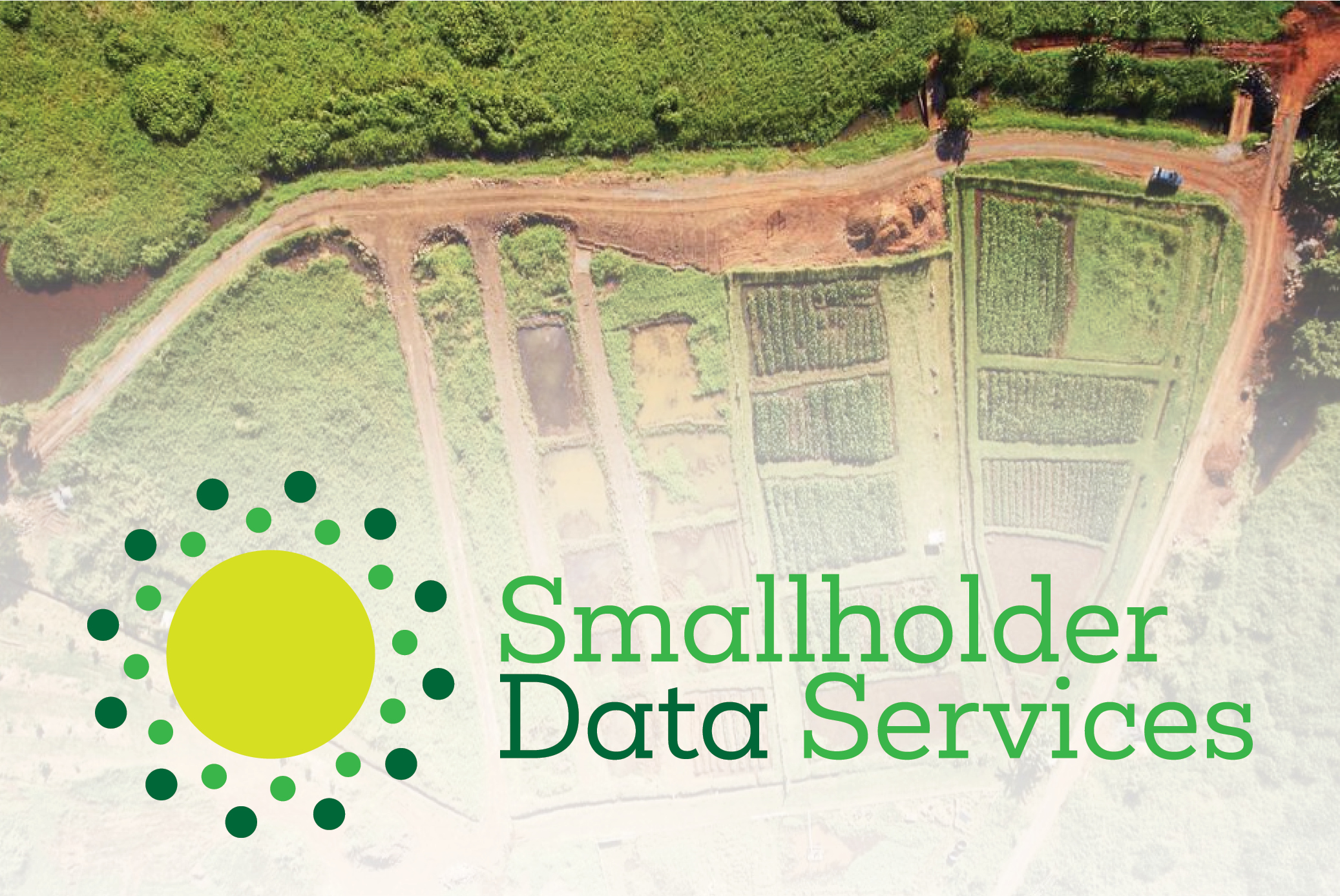
Good news from Haiti is an oxymoron at present, but today’s announcement from Smallholder Data Services (see press release below) shines a light on at least one positive story that had its start in the rich farmland near Gonaives. That is where the Smallholder Farmers Alliance (SFA) first set out to find a software solution to help us measure the environmental and social impact of cotton being grown by our members.
We reintroduced cotton to Haiti, following a 30-year absence, with support from Timberland, their parent company the VF Corporation, and The VF Foundation. After a couple of years and a journey of discovery on the measurement question, the SFA is now one of the co-founders of Smallholder Data Services. This new technology company not only measures the environmental and social impact of cotton and other crops, but it has emerged as a leader in the rapidly expanding adoption of regenerative agriculture.

Smallholder Data Services Tapped to Help Advance Regenerative Agriculture
NEW YORK, November 10, 2022 -- The Rockefeller Foundation announced today that it has awarded grants to ten recipients who are working to ensure that indigenous traditional ecological knowledge continues to inform the ongoing development, practices and widespread adoption of regenerative agriculture. Smallholder Data Services, a technology company whose platform enables management of farm-level data related to regenerative and other sustainability practices, is pleased to announce that it is one of The Rockefeller Foundation's grant recipients.
“Smallholder Data Services is uniquely positioned to collect and analyze field data from early-stage regenerative farmers in several countries,” said Sara Farley, Vice President of The Rockefeller Foundation’s Global Food Portfolio. “We are looking to SDS for insights from smallholder farmers themselves regarding the definition, implementation, verification and scaling of regenerative agriculture as these fundamentals continue to be shaped at a global level.”
Today’s announcement was made as global leaders are gathered in Egypt for COP27, the UN’s annual climate summit, where agriculture is high on the agenda. While there is a consensus that growing food and fiber using industrial techniques is a major contributor to climate change, solutions remain elusive. One of the few exceptions is regenerative agriculture and the potential for this new holistic system of land management to achieve net-positive environmental impact.
“SDS's technology enables companies, consumers, and smallholders to verify sustainability standards,” noted Hugh Locke, President and Co-founder of SDS, and President and Co-founder of the Smallholder Farmers Alliance (SFA). “This puts SDS at the cutting edge of the rapidly evolving regenerative movement, and support from The Rockefeller Foundation helps to ensure smallholders have a seat at the table as key decisions are made.”
SDS can trace its origin to fields in rural Haiti where the Smallholder Farmers Alliance reintroduced cotton to Haiti, following a 30-year absence, with support from Timberland, their parent company the VF Corporation, and The VF Foundation. Once in production, the SFA set out to find a software solution for collecting and managing data to measure the environmental and social impact of that cotton.
This search led to the Data Economics Company (DECO), developer of the Lydion® Engine, and Terra Genesis International (TGI), because of their success at increasing positive environmental and social impact through regenerative practices. SFA, DECO, and TGI came together as founding partners in SDS, and the result is a technology company whose platform enables management of farm-level data related to regenerative and other sustainability practices. Packaging farm data as Lydion assets using the SDS platform economically empowers smallholder farmers while providing traceability and verification solutions to crop buyers.
About Smallholder Data Services (SDS)
The SDS platform, built using the Lydion® Engine, provides an example of decentralized data ownership and community stakeholder representation. SDS enables decentralized and peer-to-peer governance, smart contracts, and context-appropriate agreements sourced from producers’ communities, bringing traceability and data utility to smallholder farmers and crop buyers worldwide through the power of data economics and regenerative agriculture. More at smallholderdataservices.com.
About The Rockefeller Foundation
The Rockefeller Foundation is a pioneering philanthropy built on collaborative partnerships at the frontiers of science, technology, and innovation to enable individuals, families, and communities to flourish. We work to promote the well-being of humanity and make opportunity universal. Our focus is on scaling renewable energy for all, stimulating economic mobility, and ensuring equitable access to healthy and nutritious food. For more information, sign up for our newsletter at www.rockefellerfoundation.org and follow us on Twitter @RockefellerFdn.
---------------------------------------
Hugh Locke, President, SFA
Timote Georges, Executive Director, SFA
---------------------------------------

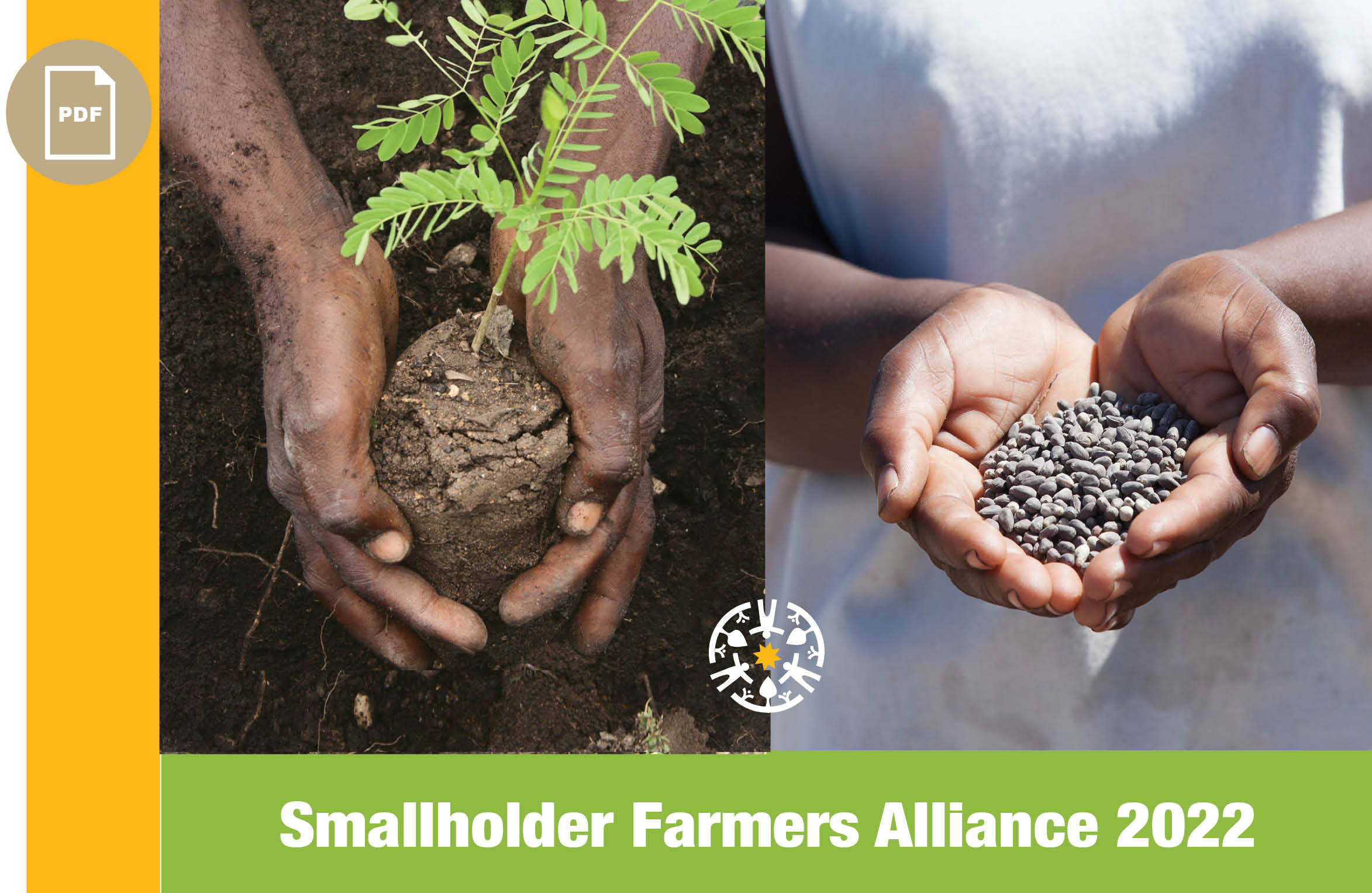
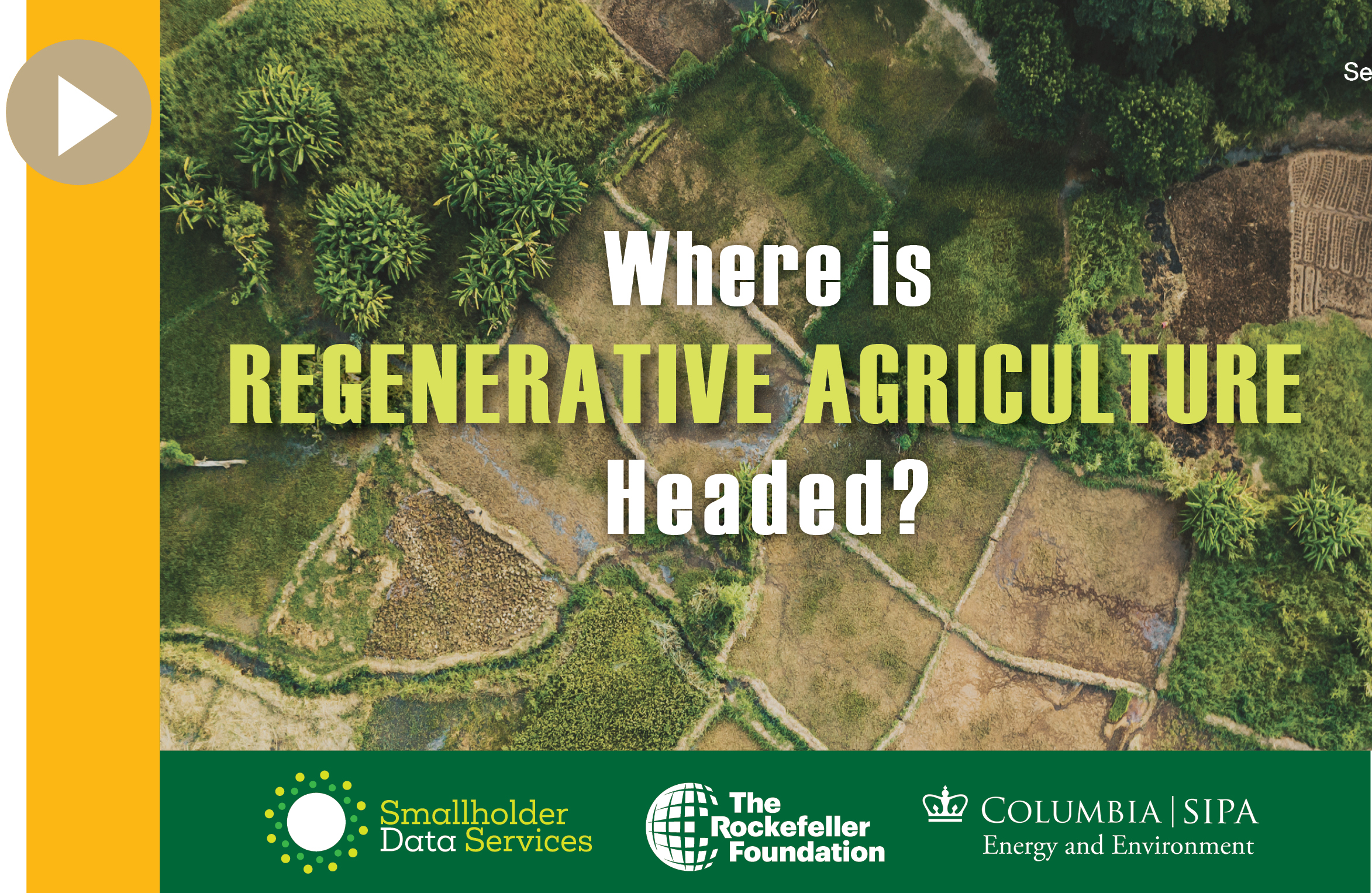
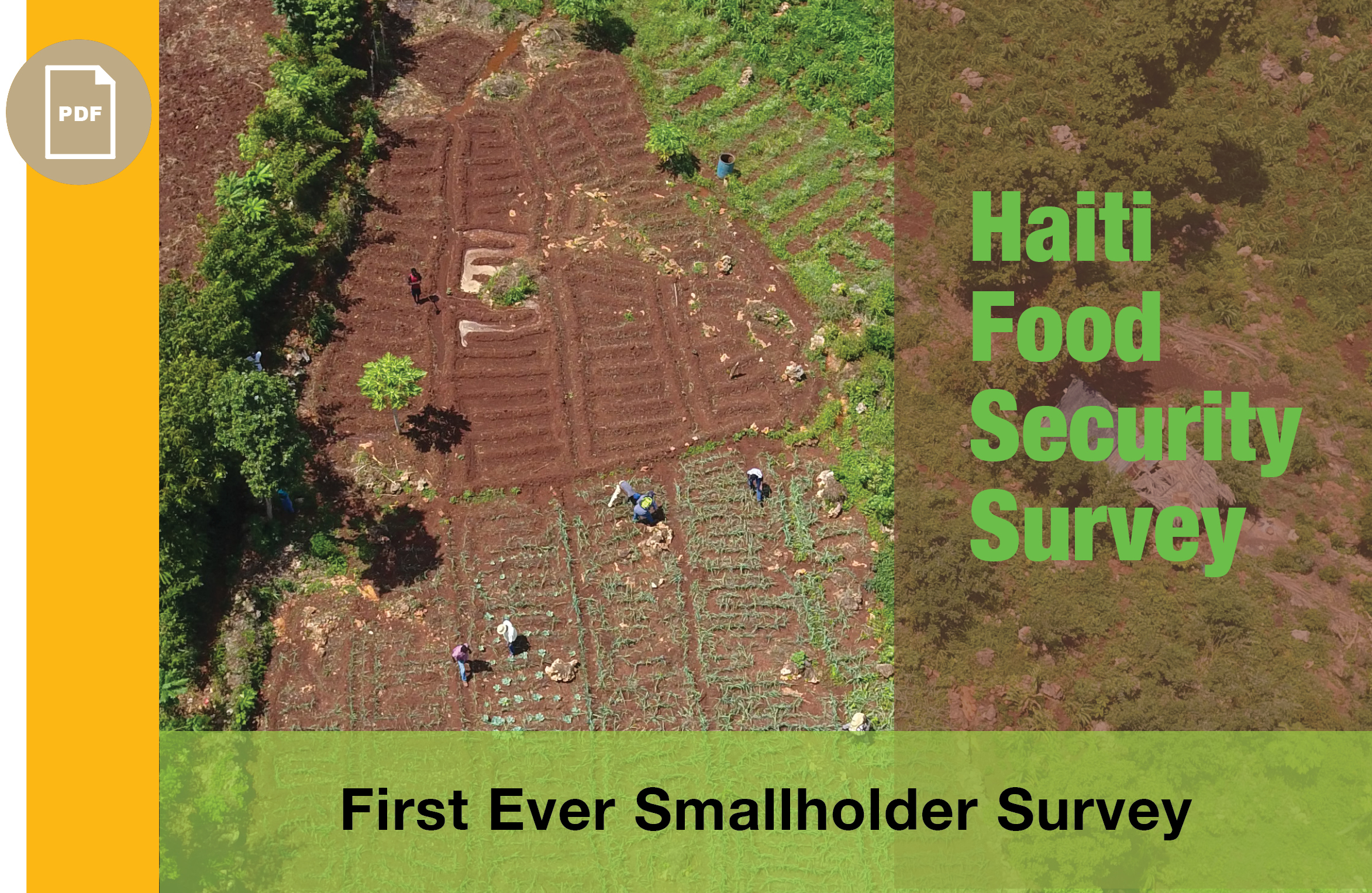
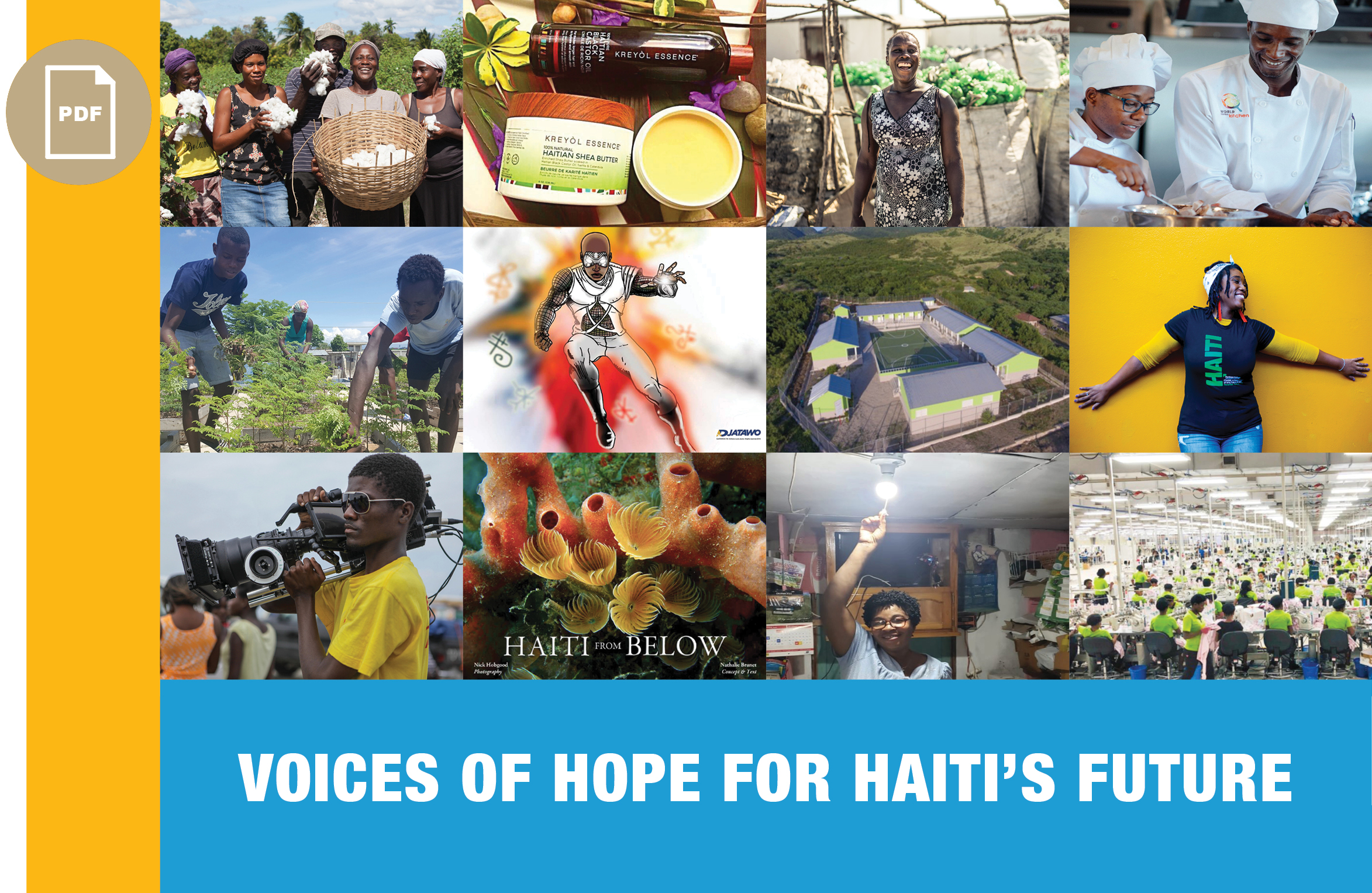

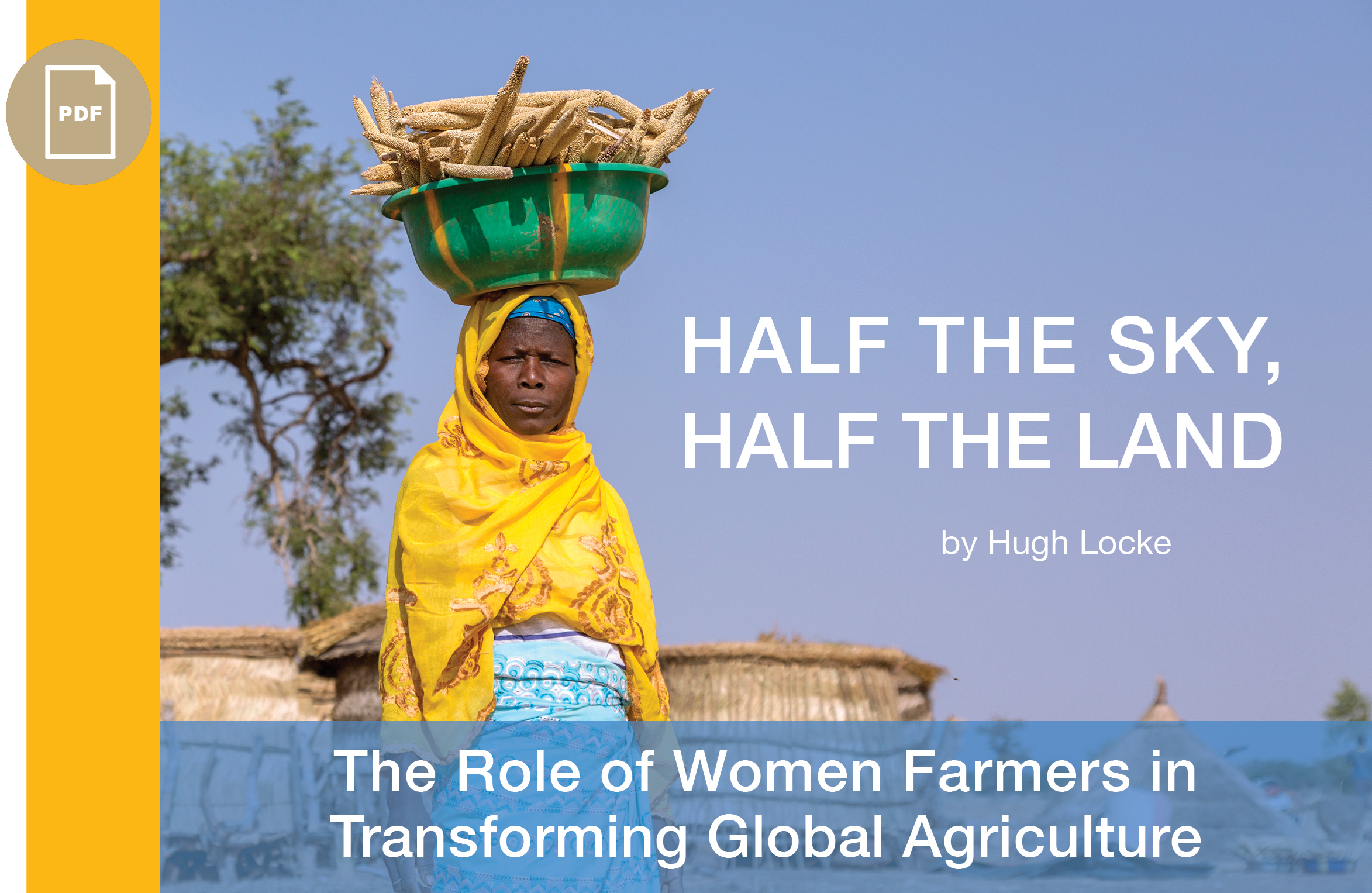
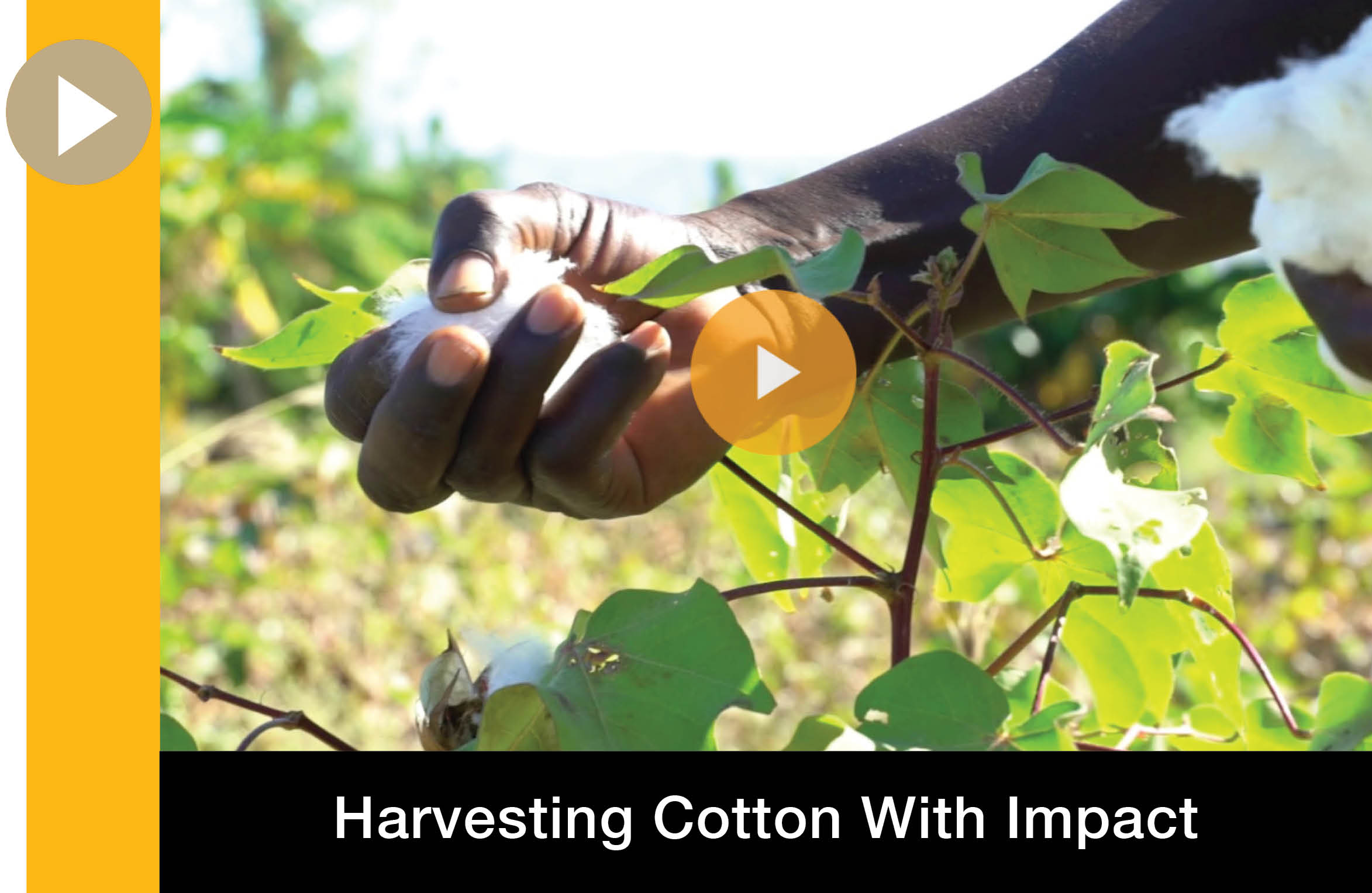
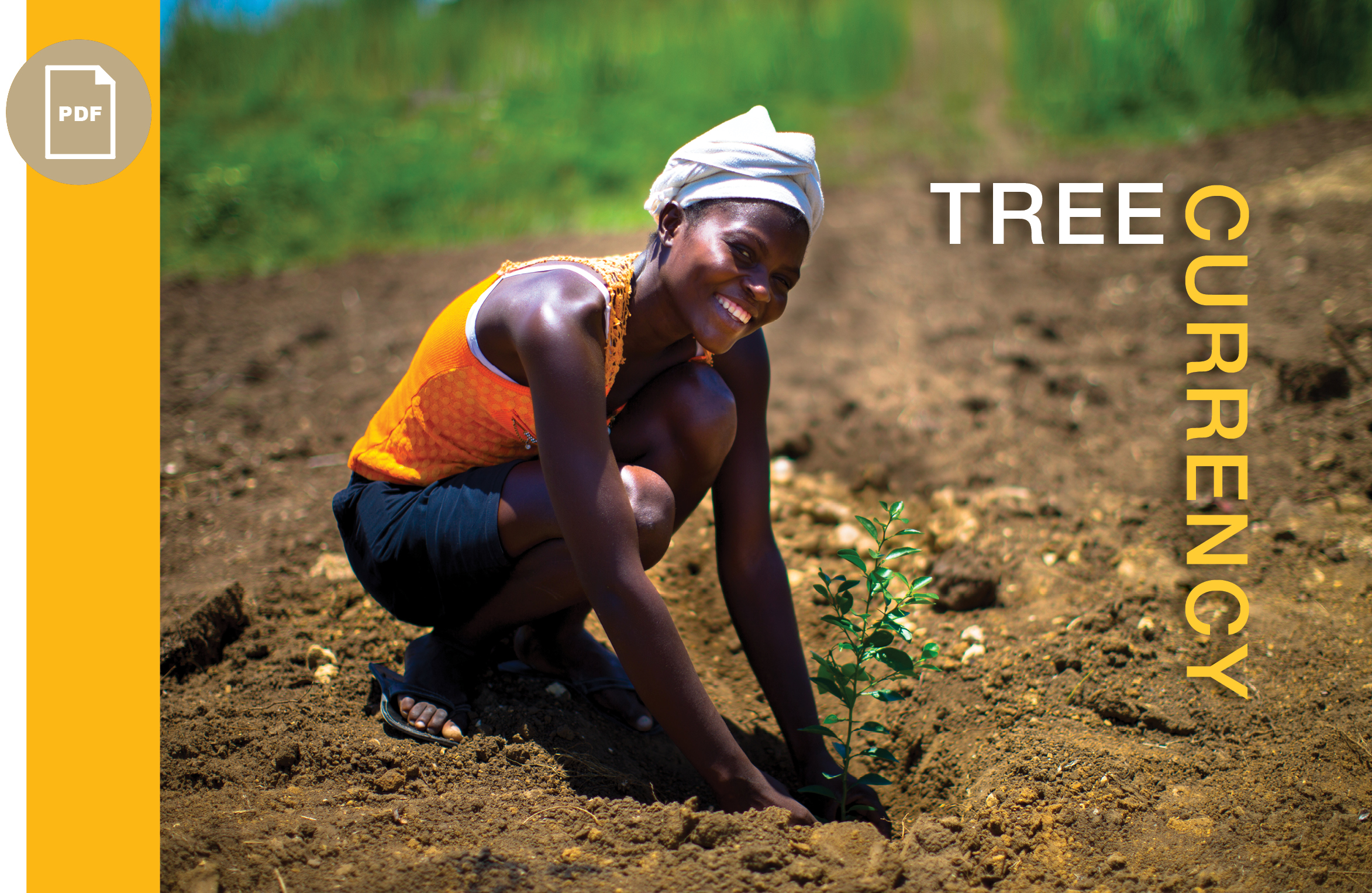

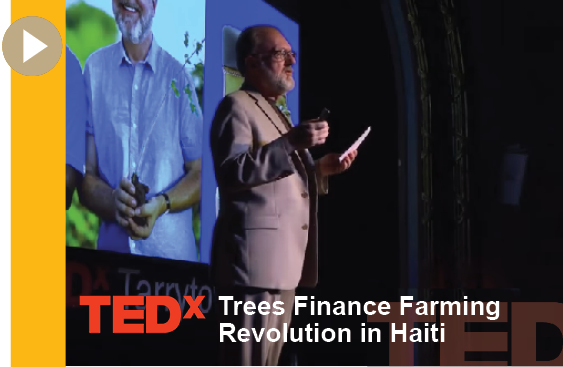
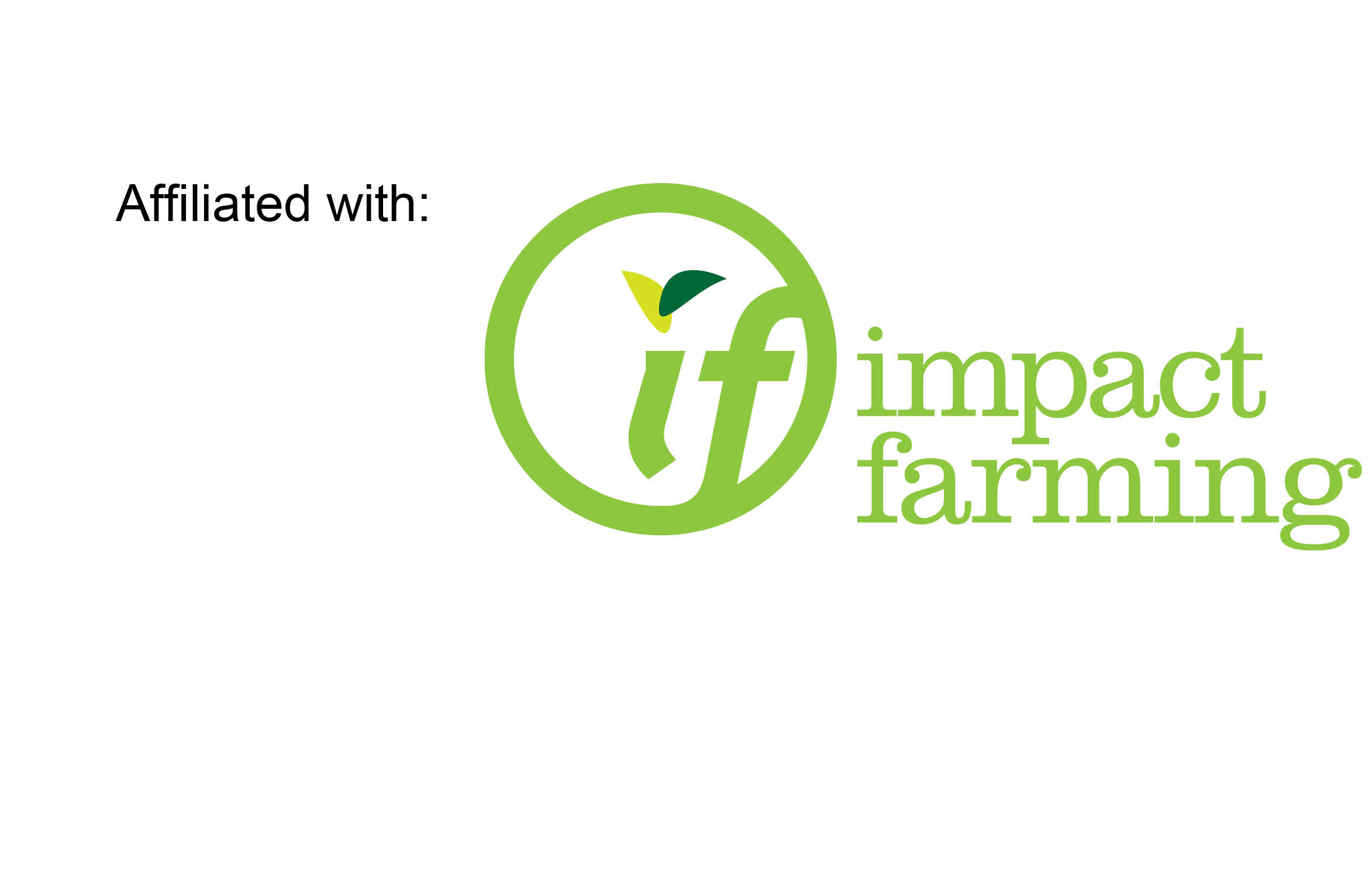
Reader Comments